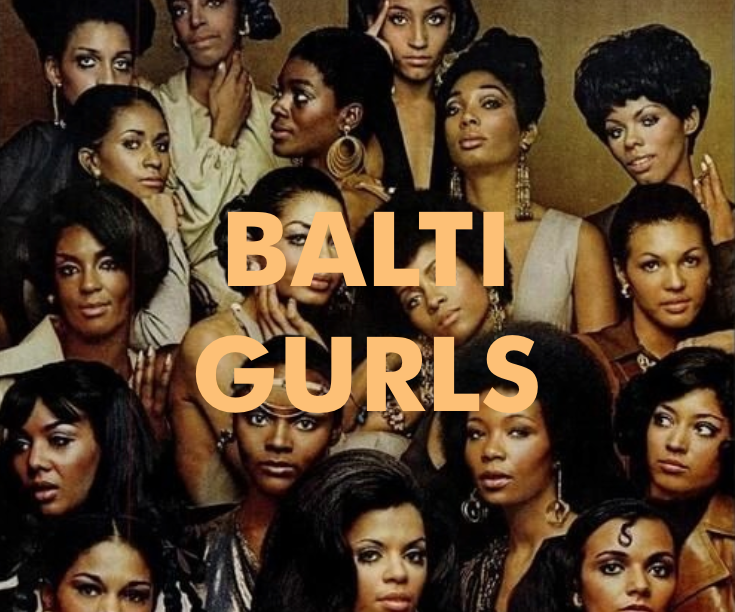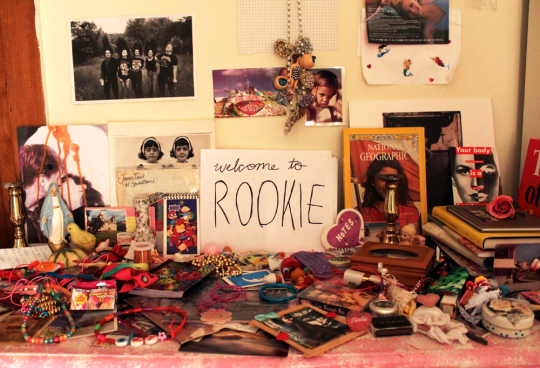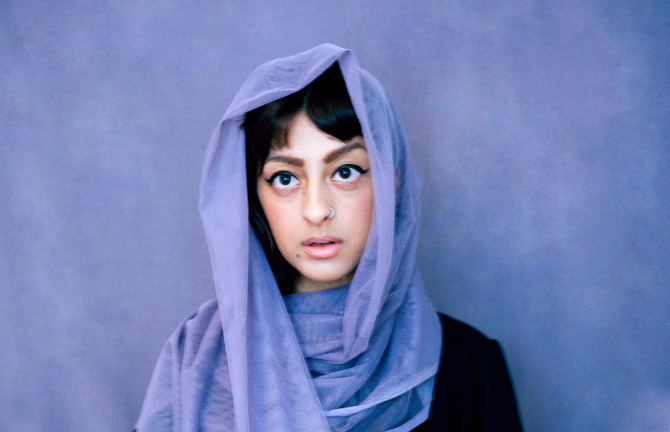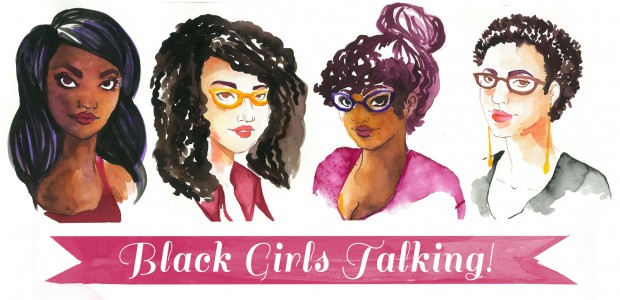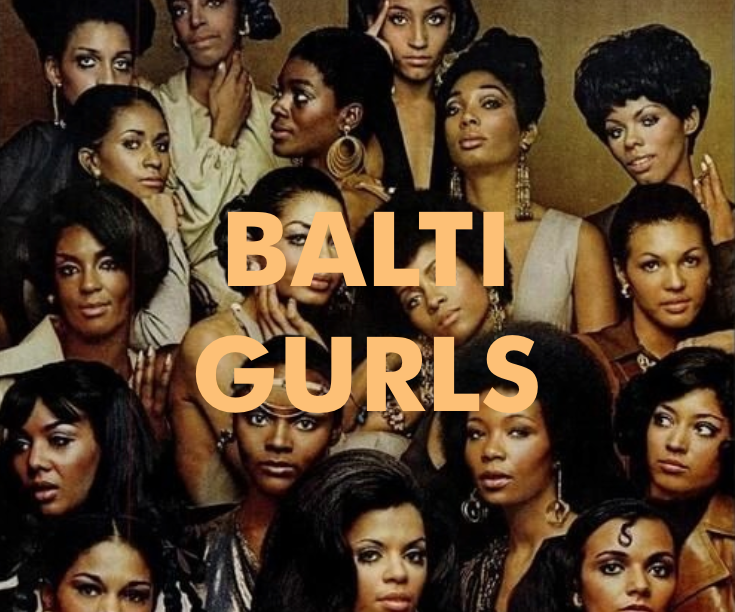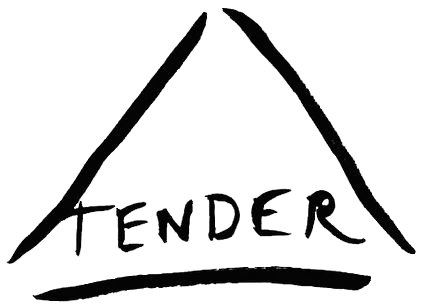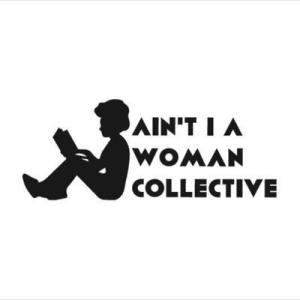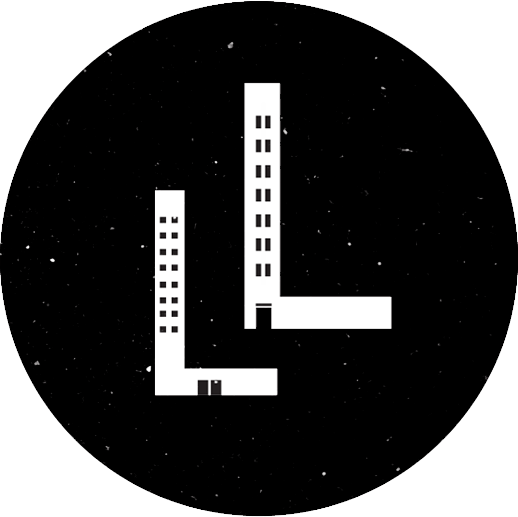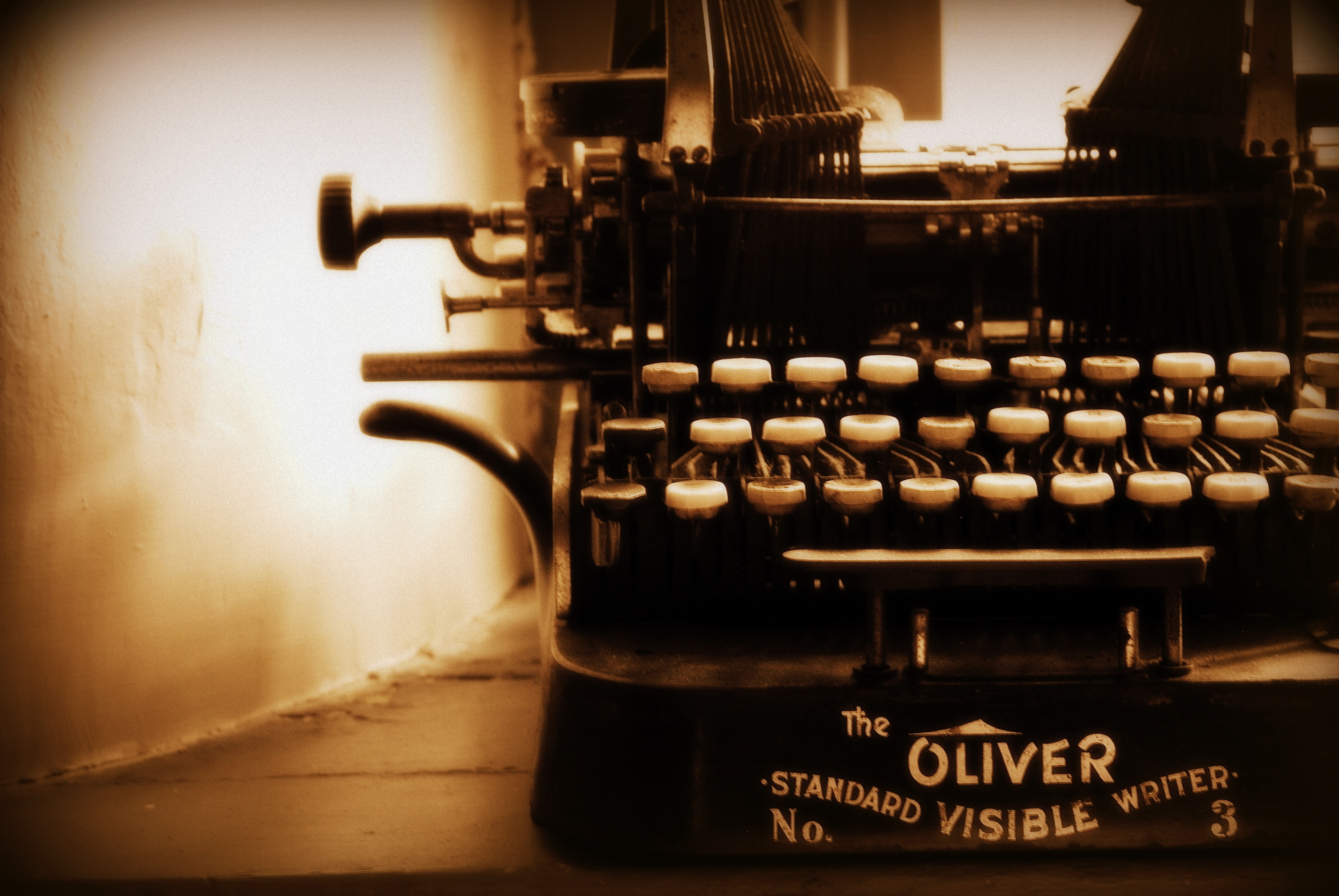
I haven’t done much creative writing for ages, and I don’t want to go neglecting my first love, do I? I’m getting back into it, but it’s not easy when all I’ve been focussing on this year is articles/opinion pieces, and academic essays.
I like to have a lot of things on the go at once so I don’t get bored; the downside of this is that I now have about 5 unfinished novel drafts which I’ve got to try and do something with (preferably finish!). On the bright side, though, I’m currently working on an exciting poetry collaboration, so there’s that 😀 I’ll give you more info when it’s closer to being finished, but I feel like we’re going to be proud of it when it’s done.
I haven’t got any extracts that I want to share right now, so I’m going to write about writing instead.
I’m going to ask in this post: Can the artistic act of writing, or the state of being a writer, be defined in any concrete way? I’m also going to consider if writing is actually an art form and a gift, or whether it’s a technique which can be learned and honed in order to make a living. Is it something you’re born with, or something you need to keep practising to prevent the skill from disappearing (gulp)? Maybe its just being able to overcome procrastination?
Historically speaking, the stereotype of the writer is very androcentric. Famous writers have typically been alcoholic males with typewriters – tortured European men like Ernest Hemingway, F. Scott Fitzgerald, Stephen King and William Faulkner. Androcentrism has tended to be a definite pattern throughout fiction, owing to the fact that men have traditionally had more access to education. Within our Western culture, teaching, publishing and reading was preoccupied with and overshadowed by the imitation of ‘dead white males’. However, defining ‘a writer’ is no longer as simple. Times have changed, and while there are still minority voices which are under-represented, the barriers to being heard are slightly less gruelling to overcome, and different narratives are popping up which can’t and won’t be ignored anymore.
A more black and white way of way of defining a writer is as a self-employed person who produces works of fiction or non-fiction, and is motivated by the drive to write and the satisfaction they gain from engaging in a creative pursuit. From this, we can learn that writing is connected to emotions; to desires, satisfaction. It is also sadly true that few writers achieve mass-market success, so if the financial yields are low, there must be another reason why people choose to do it. This leads us to consider whether it actually takes commercial success, monetary rewards and mass acclaim to become a ‘proper’ writer.
Caro Clarke, on her eponymous website, has created a quiz for visitors to take which tells them whether or not they have what it takes to be a writer. Do you write because you enjoy reading, or simply because you like typing? Do you use adjectives ‘sparingly’ or ‘vigorously’? Can you accept rejection? Clarke suggests that a real writer wants to write because they have characters in their head which they need to give life to, and not because they just want to see their name in print and win literary prizes. Again, it is not just to do with acclaim, technique, or success – it’s about some kind of desire. However, Clarke also goes on to suggest that being published is actually important; perhaps she doesn’t mean this in terms of making money, but rather the realisation of an idea into something tangible, and the positive metal effects this can have. Either way, Clarke seems to brush off the idea of keeping a ‘writer’s journal’, an oft-used tool for exploring creativity and writing for pleasure. Fiction skills, in her opinion, can only be gained through discipline and refining; mood pieces and character sketches have no place. And to some extent she is right. Keeping a journal (and, I guess, a blog :p) doesn’t necessarily make you a writer. So maybe its the interpretation of your thoughts on a page by an audience which make a writer? Personally, I have always kept a journal, but it was only when I started connecting my thoughts and turning them into more finished, coherent entities, and when I started to tell people about my work, that I felt like I was starting to become a bit more legit. Before then, I was just someone who liked to write. But if writing is about ploughing towards the holy grail of being published, then many have failed, and are failing (including myself), and are falsely claiming to be writers. It depends, then, on what kind of writer you are, and whether penning a novel is the goal of your craft.
Can we look at what it means to be a writer in terms of their traits? Justine Musk states that a person must choose writing over everything else, thereby becoming solitary and mentally tough. And it must take someone mentally tough, or at least different to everyone else in society, to decide to sit in a room by themselves, assigning thoughts to paper for the majority of their time; and also quite a large amount of ego, unrealised or not, to believe that your own thoughts and musings might warrant appreciation and remuneration, or that they are vital enough to be distributed across the world. She references Margaret Atwood when she says that writing begins with an inwards focus, but then, after exploring the self, the true writer extends outwards; develops their craft and doesn’t just write about their own thoughts and feelings. Atwood herself says that writers as a species have no common motives. We are all brought up in different places and in different times, so have different ideas about what the social function of a writer is, or even what good writing looks like. We construct our own self-image as writers; our own job description. It is an activity, a profession, or an art, according to the individual. Writers record the world as they themselves view it. This is reflected in the fact that being a writer has changed vastly over time. The advent of blogs means that anyone can get their work read. People can self-publish, create e-books, and advertise their work in different ways.
To revisit Atwood’s point about expanding outwards after an inward focus, John Scalzi approaches this by relating the process to growing up, suggesting that a writer is someone who has come through adolescence. He claims that, when you are young, you have no perspective and wisdom, and that teenagers are too obsessed with cultural influences and role models to produce truly original work. Scalzi says that it is essential to experience life, and practise your skills, before you can be a writer. And I can relate this to my own work. The way I write, both in my spare time and for purpose of education, has changed and become better over time. During this process I have grown up, and my writing is more original (I hope) and reflects what I have learned about the world. I have also kept the desire to write since it appeared, and not just seen it as consigning myself to doing what is essentially extra homework for the rest of my life. We are taught a lot of rules about writing at school, but perhaps a writer is someone who will eventually cease to see writing as a technical instrument for acquiring grades, and start to attach sentimentality and meaning to it. The writer is the one who sees writing as more than a means to an end.
So, being a writer is not about following rules (set out by schools, or even the numerous creative writing courses which exist), but breaking them – transcending them and converting rules into your own sentient thought. It is just like art in many ways. Art students have to study great artists and practise drawing in proportion before they are allowed to rip up the rule book and create formless art unconnected to any movement. Writing is about creativity, and producing images through the written word. But it also comes with some responsibility; after all, ‘we inherit words with invested meanings’ (McNeill, 1992), and so writers can use words to oppress or to challenge. They have a responsibility to their readers to be conscious of what they are conveying, and how they are conveying it.
It is clearly difficult to define exactly what it means to be a writer. The meaning attached to being a writer varies depending on the standpoint from which the problem is being looked at. So, I’ll finish by saying that a writer is both a self-defined entity and a product of their era. To be a writer is to have a burning desire to write and create. A writer is someone who takes care over their work, actively trying to improve it with a view to it being shared with other people, or even just one person.
So, are you one of them?
